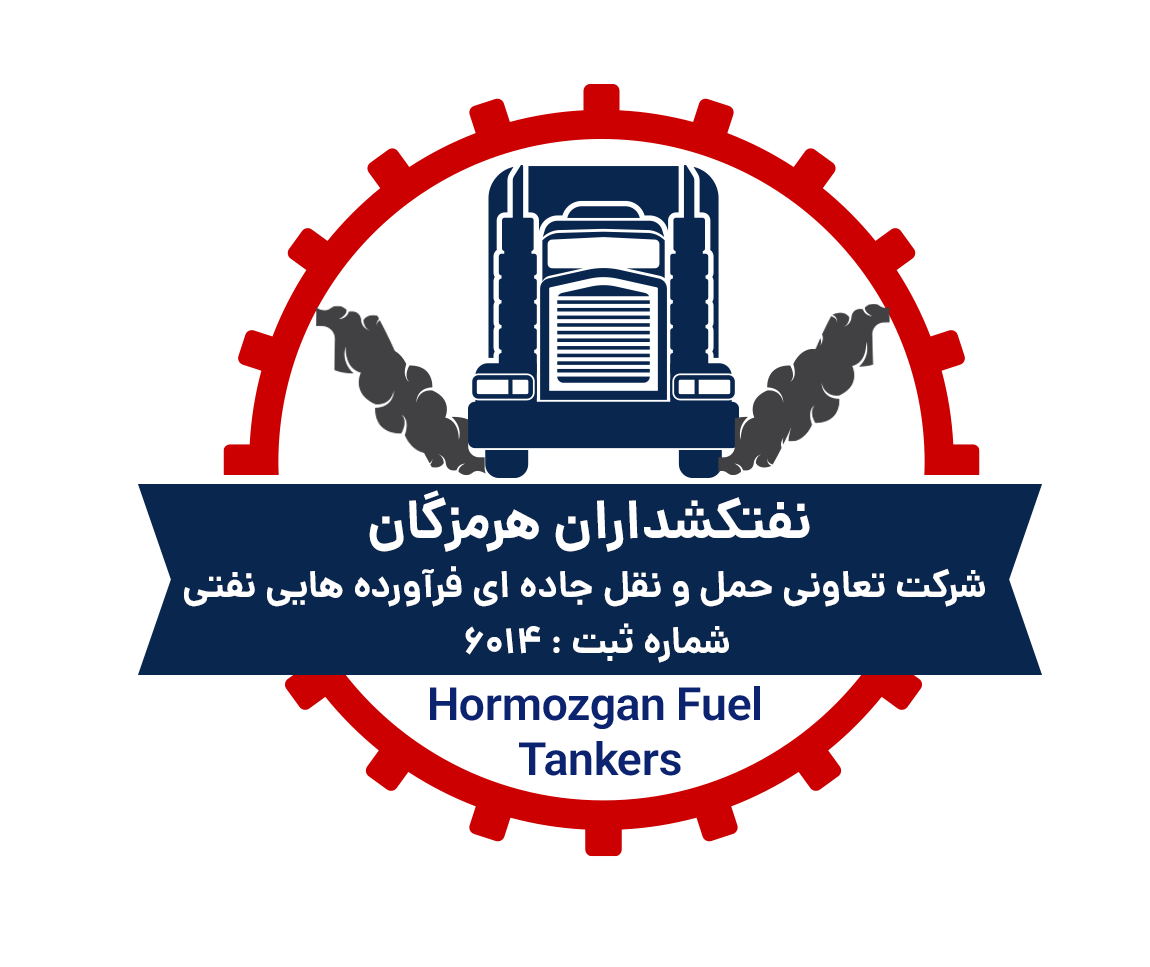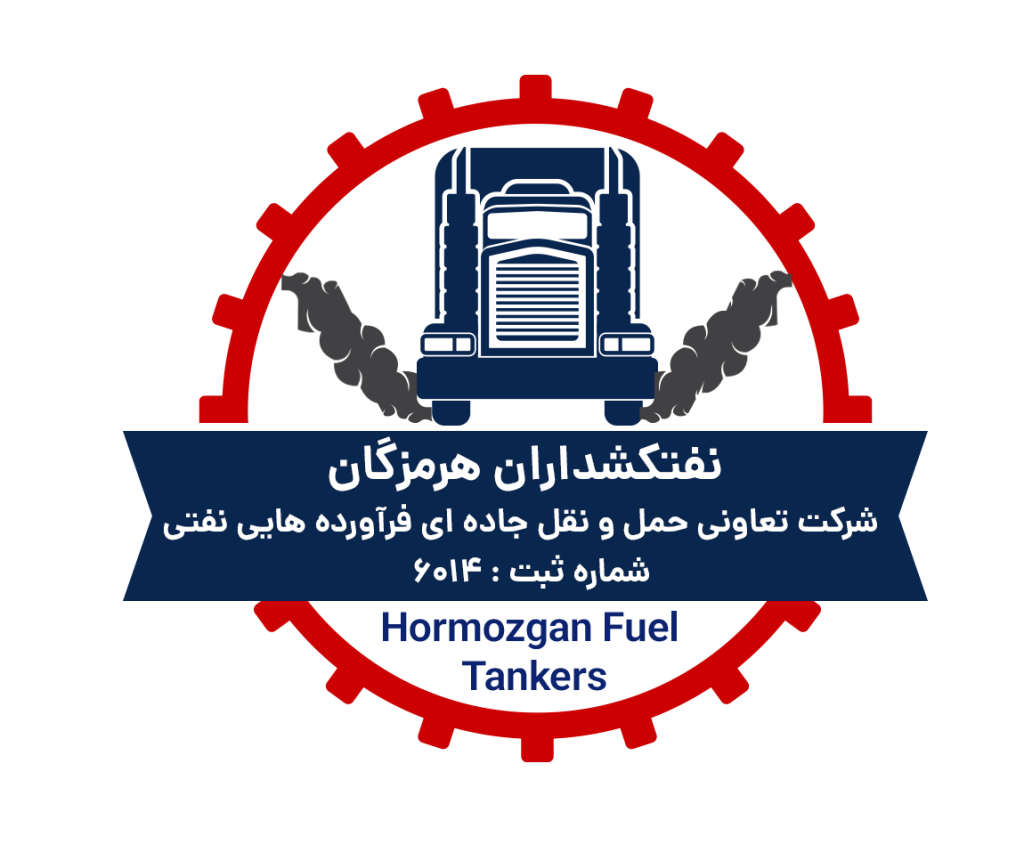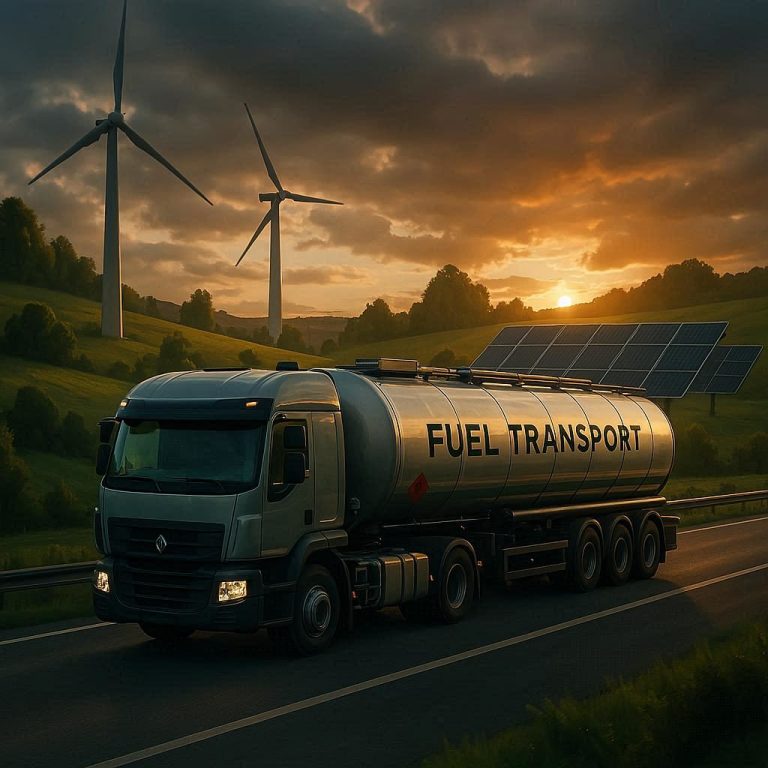In today’s world, organizations are no longer perceived merely as economic entities; they are also expected to play an active role in sustainable development, improving quality of life, and protecting the environment. Among them, companies engaged in fuel transportation are subject to greater attention due to the sensitivity and high risks of their operations. Therefore, Corporate Social Responsibility (CSR) in this industry is not an option, but a strategic necessity.
The Importance of CSR in Fuel Transportation
Fuel transportation is a high-risk activity directly linked to public safety, community health, and environmental protection. CSR in this field encompasses several key dimensions:
Safety and Public Health: Reducing road accidents, preventing fuel leaks and explosions, and complying with HSE standards.
Environment: Controlling pollutants, reducing fossil fuel consumption, and utilizing efficient and low-emission fleets.
Human Capital: Training and empowering drivers and staff, ensuring safe and fair working conditions.
Community Engagement: Contributing to local development, supporting social and cultural projects.
CSR in the International Context
International organizations such as ISO—particularly ISO 26000 on Social Responsibility—and the European Union regulations emphasize the integration of CSR into corporate policies. Many global transport companies have become benchmarks for sustainable development by implementing carbon-reduction initiatives, fleet modernization programs, and smart technologies.
Hormozgan Fuel Tankers Company and Its Commitment to CSR
Hormozgan Fuel Tankers Company has recognized the vital role of CSR and has extended its activities beyond the safe transport of fuel. The company’s initiatives include:
Driver and Fleet Safety: Providing specialized protective uniforms, holding regular HSE training sessions, and using standard safety equipment during loading and unloading.
Environmental Responsibility: Modernizing parts of the fleet to reduce fuel consumption and complying with environmental protocols in road transportation.
Human Capital Development: Prioritizing driver competence and continuous training as the cornerstone of safety and efficiency.
Social Contribution: Cooperating with local authorities and supporting drivers and their families through targeted social policies.
Conclusion
CSR in the fuel transportation industry is not only an ethical obligation but also a strategic tool for brand strengthening, building public trust, and achieving sustainable development. Hormozgan Fuel Tankers Company, through its smart policies in safety, environmental stewardship, and human capital development, has taken meaningful steps toward corporate social responsibility and sustainable growth. This approach promises a safer and greener future for the fuel transport sector in Iran.
Keywords
Corporate Social Responsibility, Fuel Transportation, Road Safety, Sustainable Development, Environment, HSE, Hormozgan Fuel Tankers Company
References
1.ISO 26000:2010 – Guidance on Social Responsibility.
2.European Union Transport Regulations on Safety and Environment (2022).
3.FMCSA (Federal Motor Carrier Safety Administration) Safety Guidelines, USA.
4.HSE Reports, Ministry of Petroleum of Iran (2023).
5.International publications and resources on sustainable transport.












